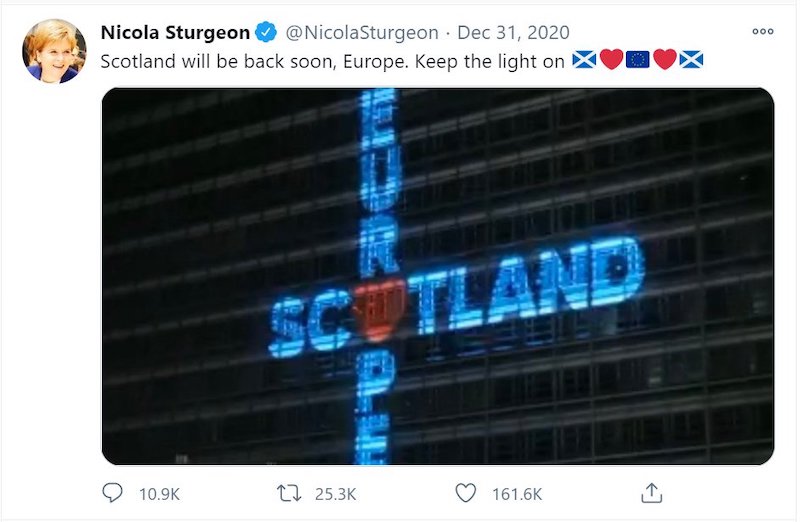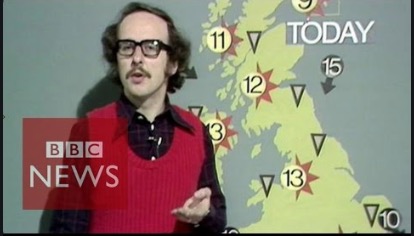Choosing Your English Language Holiday in the UK
This blog takes a funny look at a little mistake and warns you of a more serious error you might make when choosing your English immersion holiday in the UK.
Read on for tips about choosing an immersion English holiday – and some cultural immersion too!
As usual, there is a practice exercise for English learners at the end.
A Rude Awakening
Ughhh, it’s happened again.
My early morning Radio 4 slumber disturbed.
Yet again, an international spokesperson referred to the whole UK-wide population, as da da da…
Does it Matter?
I’m sure that you know that the UK is made up of 4 different nations: Scotland, England, Northern Ireland and Wales.
We are not all ‘English’.
Of course, we have many cultural similarities and political ties, but each nation does have cultural differences that they are proud of.
A Forbidden Language
Families divided, forever.
It’s not known how many highlanders emigrated (voluntarily or otherwise) at this time but estimates put it at about 70,000.
Whatever the exact figure, it changed the character and culture of the Scottish Highlands forever.
“Ah but you’re taking it all away
The music, the tongue and the old refrains
You’re coming here to play
But you’re pulling the roots from a dying age”
Lyrics, Capercaillie, Waiting for The Wheel to Turn, 1992
OK so far, but surely politically, ‘British’ and ‘English’ mean the same thing?
Since a 1997 referendum, Scotland has had a devolved government making its own laws.

Oh no! I said ‘English’ not ‘British’ to describe people from the UK: How bad a language error is it?
Forget Scotland
Some would argue that even the Westminster (London) government is guilty of forgetting about Scotland too – unless they have a new, unpopular and unfair taxation system they want to test out (like the 1989 Poll Tax).
Or perhaps they are looking for a handy place to stash a decaying pile of Cold War nuclear submarines (the ‘Nuclear Graveyard’ – just 5 miles from Edinburgh).
Or need to harbour their current fleet of nuclear submarines (Faslane on the River Clyde)…
At Least We Have Weather
Back in the 1980s I complained about the homogenising of the UK to my Northern Irish cousins, who said, well what about us. They pointed and gestured at the weather forecast which was on in the background.
Throughout the 80s, on the weather map, Northern Ireland spent a lot of time masked behind the presenter.
Most often partially appearing behind a shoulder or (as they gestured somewhere in the north of Scotland), the whole country quickly glimpsed under an armpit.

So is this “the big mistake” you mention?
English Isn’t Just England
Remember the other 3 nations!
The ‘big mistake’ I mentioned is just to search for ‘language schools in England’, not ‘language schools in the UK’ or ‘ ‘English Learning Holiday in the UK’.
But, what about the regional accents? I don’t want to learn Scottish!
Firstly, and language school worth its salt will have teachers who speak clearly (whether they have a regional accent or not) and know how best to help you develop your oral and spoken language skills.
Outside of class, language practice with local people with regional accents is a really good thing!
It’s what real-life English is. London, Oxford and Cambridge are diverse, multi-lingual metropolises,
Your English Language Challenge
We hope you’ve enjoyed our introduction to choosing an English language learning holiday in the UK. We cover a broad range of topics in our blogs – some a lighthearted look at Scotland, others an in-depth look at art and culture. There’s something for everyone.
If you’ve liked this blog, you might want to find out more about the Highland Clearances, I mentioned. We have a blog about it:
Glen Quaich | Learn English in Perthshire
Your Blue Noun English Language Challenge is:
Use the comment section below to tell us about: an aspect of your countries culture that you love.
Write as much as you like, and if you would like us to check & correct your English, write CP (correct please) at the end.
Live language learning!

“tell us about an aspect of your countries culture that you love.”

